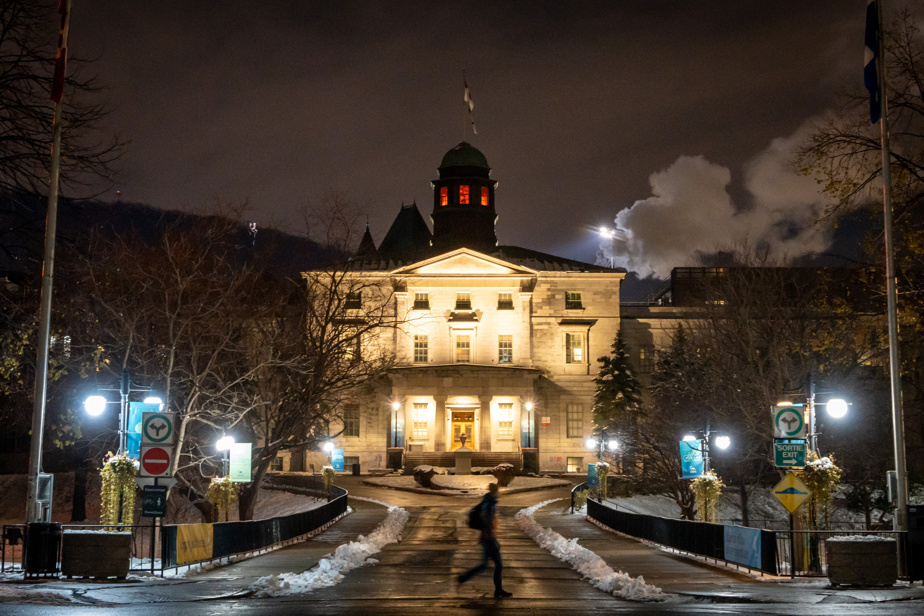In 1991, I received an honorary doctorate from HEC Montréal. In my acceptance speech, I said: “I am a proud Montrealer! …I am a proud Quebecer! …I’m a Canadian, proud! …I am a proud citizen of the world! » My colleagues, both nationalists and federalists, whatever, were delighted. We had worked closely, me and my colleagues at McGill and HEC, to create world-renowned projects.
The very specific joint doctoral program in administration, recognized internationally, is offered jointly by the four Montreal universities. Bertin Nadeau, from HEC, and I, from McGill, took the initiative in its design. This program is at the crossroads between typically American programs, very structured, and certain European programs, sometimes unstructured. It is therefore a program very representative of Quebec, at the crossroads between North America and Europe. Since then, I believe it has probably become the largest management doctoral program in the world.
In addition, due to the large number of doctoral students who work with us, the expression “Montreal School of Management/École montrealaise de gestion” has entered international usage. It is an emergent rather than deliberate school of thought, where learning grounded in reality rises above planning, in a community – that is, Quebecois – spirit.
A few years later, Alain Pinsonneault of McGill and Louis Hébert of HEC designed the McGill–HEC EMBA program, inspired by a program created at McGill in collaboration with four other world-renowned business schools that reversed the classic teaching of an MBA. This EMBA has acquired worldwide notoriety. We recognize his unique character because he worked in collaboration rather than in competition, for the benefit of all.
So many Quebecers are proud to be McGill graduates. And McGill is proud to be from Quebec. Quebec offers McGill a uniqueness, a niche that is distinct from that of other establishments like Harvard or the Sorbonne, at the heart of their society, which improves its quality of knowledge. McGill is a quiet, modest, old-fashioned premier university that does not indulge in the latest teaching fashions. Tell me, Mr. Legault, shouldn’t Quebec be proud of McGill and support its excellence?
And now you want to impose this new education measure on us. What did McGill do to deserve this? Are we being punished for our success? Why, Mr. Legault? I built my life and my career in Quebec because of its positive character. This is our advantage over Ontario, but not this proposal. Is this a solution to closing the wealth gap with Ontario?
What is the point of transferring money from English-speaking universities to finance French-speaking universities, when the funds will no longer be there? This increase in tuition fees for students outside Quebec simply risks drying up the source of income by discouraging many from coming to study here. As a result, McGill will pay the costs, as will Quebec.
In addition, as for the target of 80% francization, many international students who come to McGill already speak French. McGill University is chosen not only for its reputation, but also for the opportunity to experience a vibrant new Francophonie. For others, these people opt for McGill to study, say, geology; they don’t come to learn a new language. As a result, these simply won’t come. And it will be the end of McGill University as we know it. For what, Mr. Legault? Is this really what you want to leave as a legacy?
It is not a zero-sum game, where French-speaking universities are favored at the expense of English-speaking universities. It is also to the detriment of Montreal, which will lose its wealth (and not just financially). The culture of Quebec is dynamic, reflecting the generosity and enthusiasm of Quebecers. Collaboration is more beneficial than competition.
Why the rush? This is already harming McGill and the idea has not yet been carefully considered. Why proceed before the consequences are clearly determined?
Why, Mr. Legault? For what ?
